
Hot weather can be so rare in some countries that many of us rush outdoors at the merest hint of sunshine but hot weather hazards can be a real problem in some parts of the world, particularly for elderly people.
Flopping into a deckchair on the beach or sunbathing in the back garden is something that many of us love to do whenever the opportunity arises but for older people the hot weather can bring dangers. Those who have chronic medical issues can be especially vulnerable so it may help to find out more about
live-in care and what you can do to protect your elderly loved one this summer. Especially if you live in a hot climate or if you are travelling overseas with older relatives.
Dehydration and Overheating
It’s so easy to become dehydrated when temperatures rise and you may not even notice until you start to feel ill. Older people are at greater risk of hot weather hazards because older bodies become less efficient at regulating temperature; put bluntly, they sweat less so can’t get rid of excess heat.
Of course, looking after elderly relatives differs across the world depending on the type of climate but it’s always worth watching out for dehydration. Factors which can cause overheating and dehydration in seniors include:
- Forgetting to drink enough water.
- Chronic illnesses like blood circulation conditions, heart disease or kidney disease.
- Over dressing or dressing in the wrong type of clothing.
- Failing to open doors and windows.
Where an older person lives alone it can be difficult to monitor these issues so one solution could be a switch to in private care at home; professional care services can provide essential supervision as detailed in the Better at Home Report.
Signs of Heat Related Illness
Early signs of dehydration include a feeling of dizziness, tiredness and headache and these can often be confused for general symptoms of fatigue. If hydration is not taken at this stage the symptoms can worsen into the more serious heatstroke which can often mean admission to hospital for intravenous hydration. These more serious symptoms can include muscle cramps, nausea, vomiting and fainting. In some cases of heatstroke the person appears to become confused.
What to Do
If you suspect hot weather hazards such as dehydration or heat exhaustion act fast to cool the person down. Place them in a cooler place if possible, remove any heavy garments and direct an electric fan towards them. Offer them a cool drink of water – not ice-cold as this can cause the blood vessels to constrict and hamper the cooling process. Get them to lie down and place a cold flannel across their forehead.
Prevention is Essential
During hot weather it is best to try and stop your loved one from spending too long outdoors in the heat. When they do go out ensure they wear lightweight clothing and a wide brimmed sun hat for protection. Elderly skin is more vulnerable to the effects of sunburn so ensure they wear a protective sunscreen on exposed parts of the body. Make sure they drink water at regular intervals during the day but avoid alcohol!
For those who have heart or breathing problems it’s best to stay out of the sun at its hottest. Encourage them to stay indoors with curtains closed and a fan blowing. Where breathing problems are worsened by extreme weather make sure your loved one has their inhalers handy.
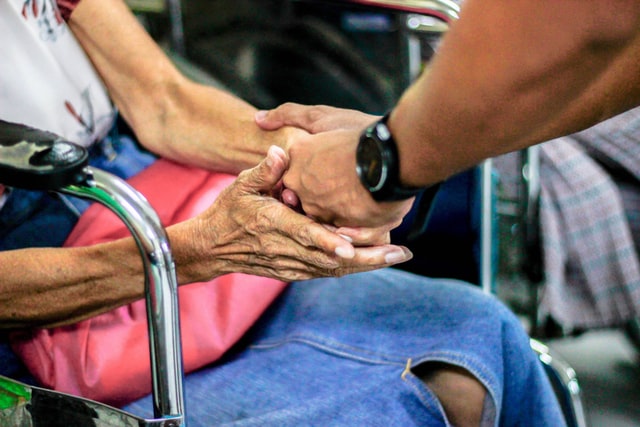 Emotional Impact Of Mobility Loss for Seniors
Emotional Impact Of Mobility Loss for Seniors 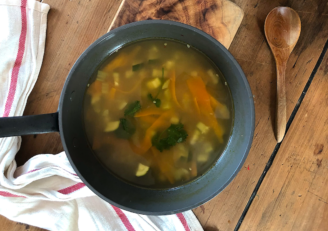 High Calorie Meals for Seniors With Little Appetite
High Calorie Meals for Seniors With Little Appetite 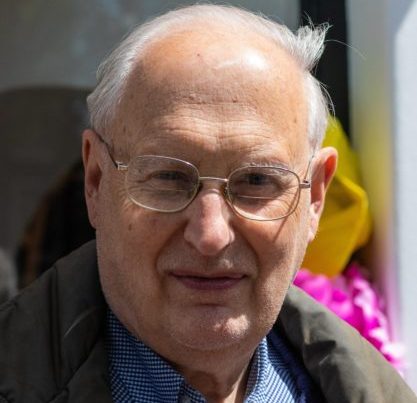 Managing Type-2 Diabetes
Managing Type-2 Diabetes  Could video games benefit those with low mobility?
Could video games benefit those with low mobility? 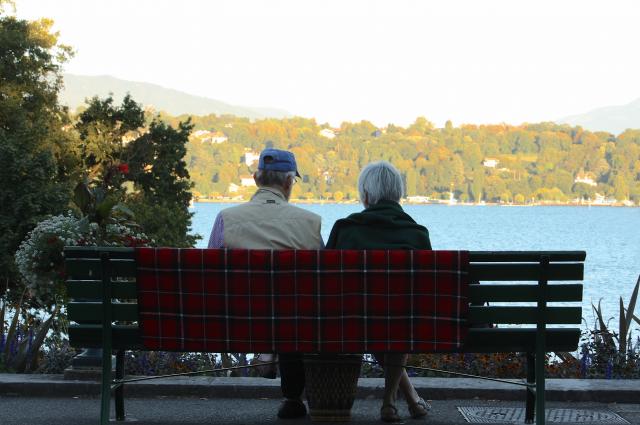 Why are social care resources so stretched?
Why are social care resources so stretched?  Why 2026’s top bloggers are going back to paper planners to spark creativity
Why 2026’s top bloggers are going back to paper planners to spark creativity 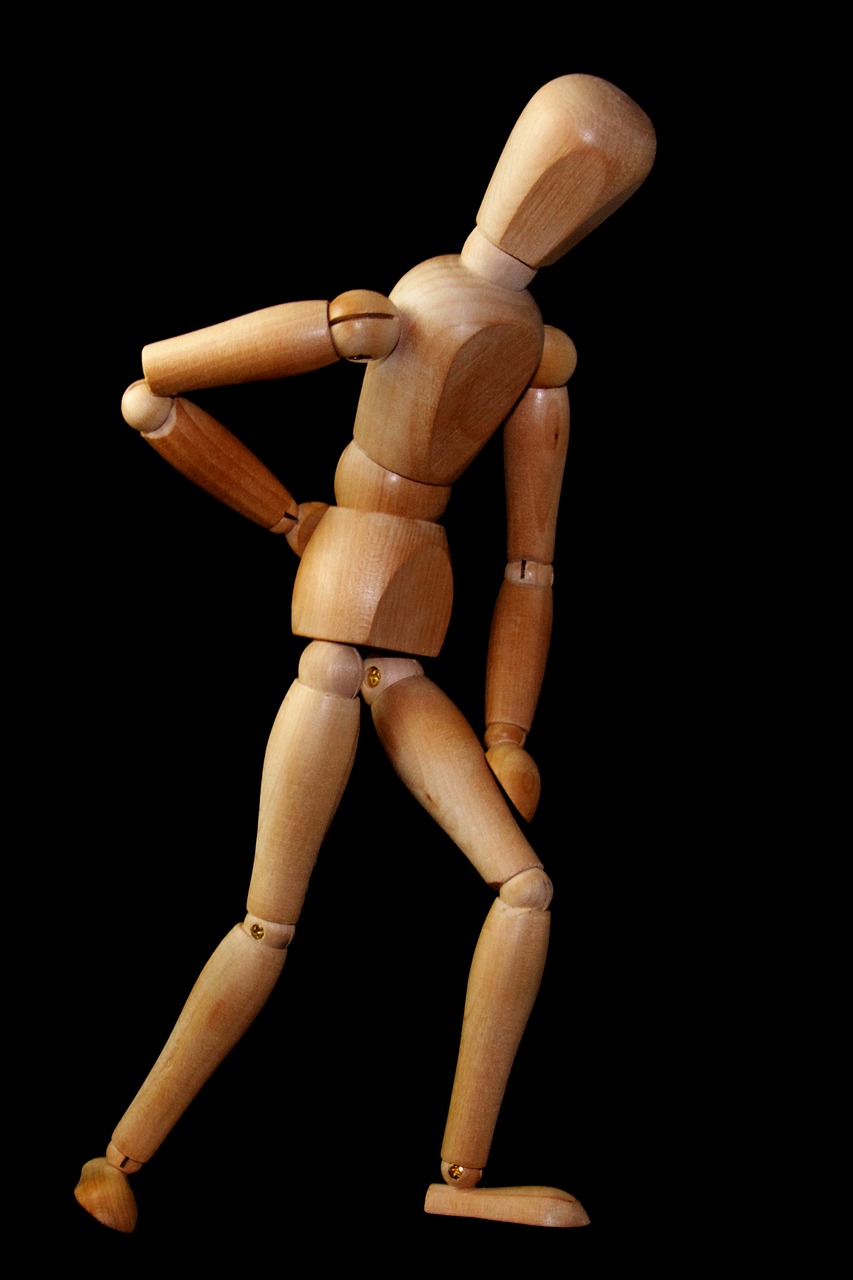 Why exercise doesn’t have to mean pain
Why exercise doesn’t have to mean pain  5 Tips on How to Train Your Brain
5 Tips on How to Train Your Brain  Is Your Posture Making You Ill?
Is Your Posture Making You Ill?